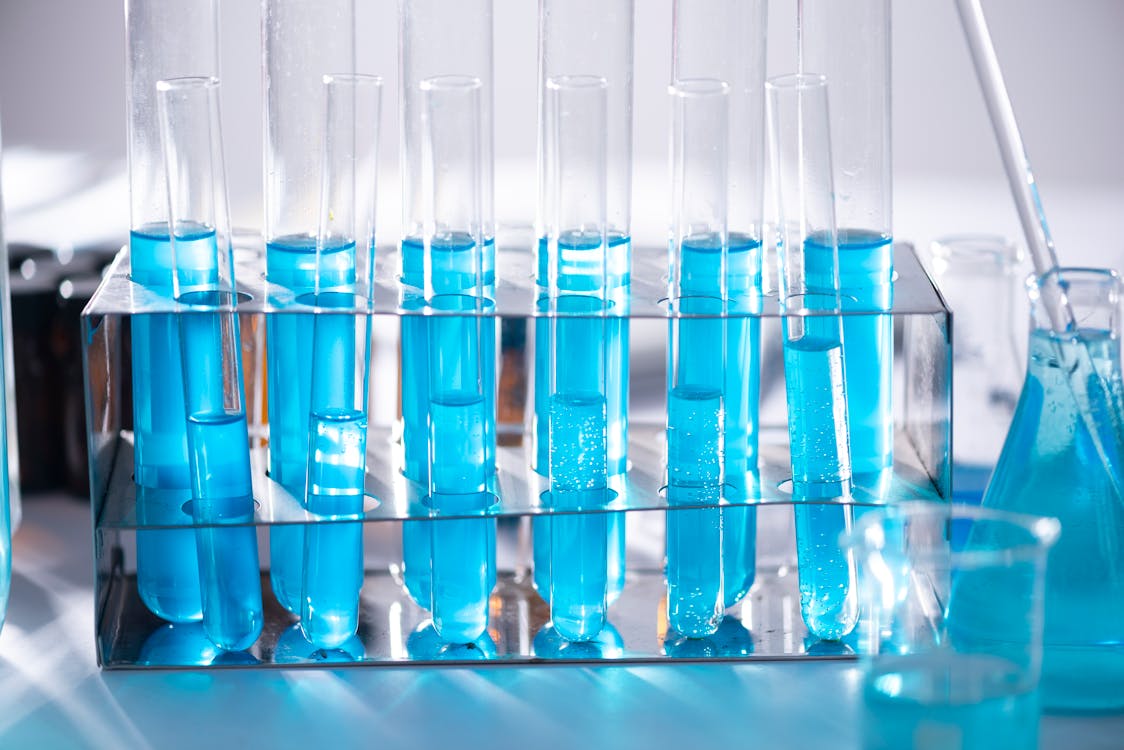AbbVie: High Yield At A Low P/E

Over the first half of this year, pharmaceutical giant AbbVie (ABBV) has traded in a narrow range while meme stocks, cryptocurrencies, and other get-rich-quick schemes have diverted investor attention away from more conventional equities.
That may soon change. It appears the stock market is searching for new leadership and it may find it hiding in plain sight. For the past couple of years, the major concern regarding AbbVie was how quickly it would be able to offset declining sales of Humira, its flagship arthritis treatment.
The original patent for Humira was due to expire in 2018, but thanks to some complex legal maneuvering the company has created a “patent thicket” that will make it difficult for the biosimilar/generic drug manufacturers to fully mimic AbbVie’s manufacturing process of the drug.
For that reason, only drugmakers that have entered into a legal settlement with AbbVie will be able to offer generic versions of Humira starting in 2023. That gives the company additional runway to gain FDA approval for several other drugs that are currently in trials including upadacitinib, which AbbVie has trademarked under the name RINVOQ.
The drug is presently used to treat rheumatoid arthritis and is being tested for ulcerative colitis, an inflammatory bowel disease (IBD) that affects 1.6 million Americans with 70,000 new cases diagnosed annually.
In June, AbbVie received both good and bad news regarding RINVOQ. The bad news came on June 25, when the company disclosed that the U.S. FDA determined that it “will not meet the Prescription Drug User Fee Act action dates for the supplemental New Drug Applications for RINVOQ for the treatment of adults with psoriatic arthritis and adults with active ankylosing spondylitis.”
In other words, the FDA is not ready to give approval to AbbVie to begin marketing RINVOQ for those specific purposes. That does not mean that the drug will not eventually obtain FDA approval, but it at the very least delays that date by several months or longer.
The good news came four days later when AbbVie announced that RINVOQ “met the primary and all secondary endpoints in the 52-week Phase 3 maintenance study in ulcerative colitis patients.”
That is an important step in the drug’s march towards FDA approval, but cannot be applied for until the full results for the Phase 3 study are revealed at an as yet not determined future date.
Hence the sideways movement of ABBV during the first half of this year as Wall Street ponders whether AbbVie will be able to ramp up RINVOQ sales in time to offset declining revenue from Humira when its biosimilar competitors hit the market in two years. To be sure, AbbVie has other drugs in the pipeline that could become big sellers but at the moment the focus is on these two drugs.
Wall Street was nonplussed by the RINVOQ news since neither announcement provided enough clarity to influence revenue projections for this year or next. Nor was it impressed with the company’s next quarterly cash dividend payment of $1.30 payable on August 16 to shareholders of record as of June 17. At a share price of $112, that works out to a forward annual dividend yield of 4.6%.
Also overlooked is AbbVie’s modest forward price-to-earnings ratio of nine times expected profits over the next year compared to a multiple of 17 for rival Johnson & Johnson (JNJ) and an FPER of 15 for Novartis (NVS). That makes it the least expensive of the world’s ten largest pharmaceutical companies. I am raising the buy limit for AbbVie to $125.
Disclaimer: © 2021 MoneyShow.com, LLC. All Rights Reserved.



